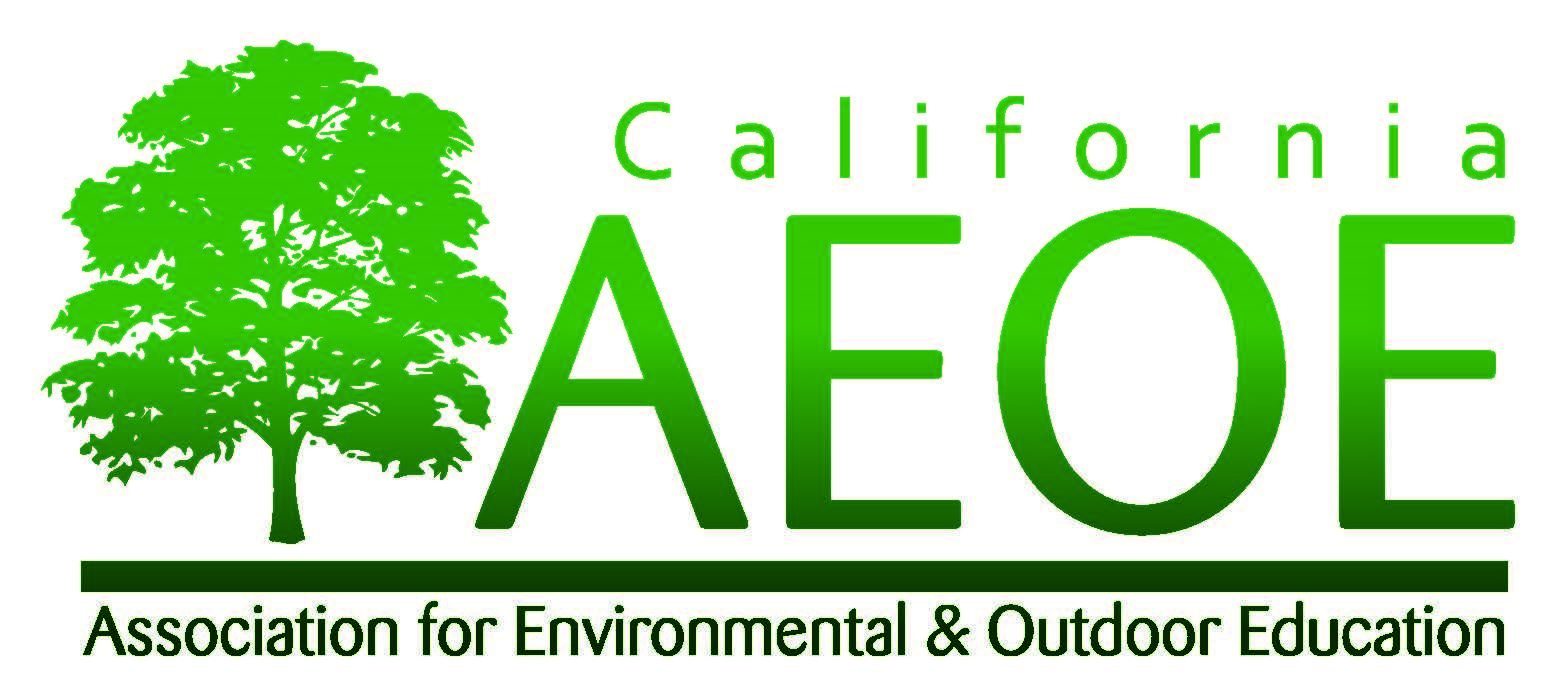| Association for Environmental & Outdoor education |
AEOE strengthens environmental education in California by connecting providers, building professional expertise, and championing environmental literacy and outdoor learning.
Research & evaluation
EE Works!
Below are a sampling of the studies and articles out there demonstrating the benefits of environmental and outdoor learning. Many more can be found through the research resources listed below.
Six Ways Nature Helps Children Learn, Greater Good, June 2019
From Anecdotes to Evidence: Demonstrating the power of environmental education, NAAEE & Stanford University
Stanford analysis reveals wide array of benefits from environmental education, NAAEE & Stanford University (also see the associated messaging guide)
Benefits of Outdoor Education, The University of Wisconsin–Stevens Point
The Surprising Benefits of Teaching a Class Outside, Greater Good, May 2018
Moving School Outside Promotes Health, National Outdoor Learning Initiative, 2021 (developed in response to COVID-19 as way of promoting a safe return to in-person instruction, with implications for learning in general)Research Resources
A Blueprint for Environmental Literacy: Educating Every California Student In, About, and For the Environment - A Report by State Superintendent of Public Instruction Tom Torlakson’s Environmental Literacy Task Force (2015)
Children & Nature Network - Access large amount of publications supporting children being outside in nature: abstracts, special reports & collections, studies & surveys.
EE-Link: Research - a collection of research put together by the North American Association for Environmental Education.
Environmental Literacy Briefs - Developed by Professor Nicole Ardoin’s Social Ecology Lab at Stanford University, with support from the Pisces Foundation and NAAEE's ee360, these four environmental literacy briefs address topics such as: What is environmental literacy? What are pathways and progressions in environmental literacy? How might we assess outcomes related to various program characteristics, such as length and intensity (sometimes referred to as program “dosage”)? Finally, when we talk about “community” or “collective” environmental literacy, how might we move beyond the individual to consider a larger scale, how might we measure it, and why does it matter?
Evaluation Resources
Practitioners Guide to Assessing Connection to Nature The 63-page guide provides 11 tools and approaches that you can use to assess connection to nature, and it includes copies of those tools for easy access. The guide is also designed to help you choose the right tool for your needs, whether you work with young children, teenagers, or adults.
My Environmental Education Evaluation Resource Assistant (MEERA) is an online "evaluation consultant" created to assist you with your evaluation needs. It will point you to resources that will be helpful in evaluating your environmental education program.
Book: Advancing Environmental Education Practice - In this important intervention, change-agent Marianne E. Krasny challenges the knowledge-attitudes-behavior pathway that underpins much of environmental education practice; i.e., the assumption that environmental knowledge and attitudes lead to environmental behaviors. Krasny shows that certain types of knowledge are more likely than others to influence behaviors, and that generally it is more effective to work with existing attitudes than to try to change them. The chapters expand the purview of potential outcomes of environmental education beyond knowledge and attitudes to include nature connectedness, sense of place, efficacy, identity, norms, social capital, youth assets, and individual wellbeing. Advancing Environmental Education Practice shares twenty-four surveys that assess changes in environmental behaviors and intermediate outcomes, and provides guidelines for qualitative evaluations. Thanks to generous funding from the Cornell Department of Natural Resources, the ebook editions of this book are available as Open Access volumes from Cornell Open (cornellopen.org) and other Open Access repositories. Hard copies can be purchased as well.
